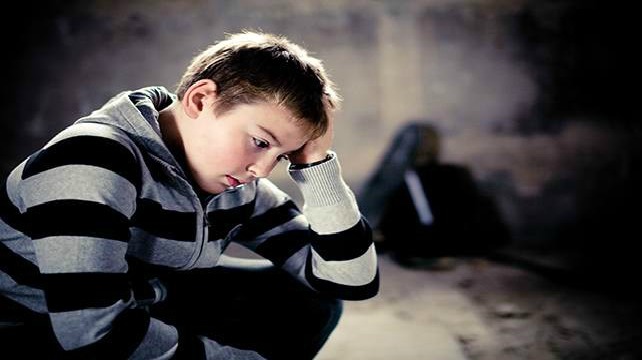Juvenile Crimes
Juvenile Crimes
South Carolina law requires juveniles have an attorney to represent them. We will do whatever we can to help your child avoid detention or jail time if they are in trouble with the law, and always put your child’s best interests first.
South Carolina Juvenile Defense Lawyer
Because both of our lawyers work in family court and criminal court, we’re more than ready to help your family. Our attorney Zack Farr handled an array of juvenile cases during his tenure at the Solicitor’s office. Having him on our side ensures you and your child the best Juvenile Crimes defense in the Spartanburg, Greenville, and Anderson areas.
Free Juvenile Crimes Consultation
If your child has been charged with a juvenile offense, Victoria Law Firm can help you defend the charge(s). Call us today for a free juvenile crimes case evaluation.
What You Should Know About Juvenile Crimes
Along with a myriad of criminal charges that can be lodged against minors, such as weapons or drugs, there are special statutes for juveniles in South Carolina called “Status Offenses” that only a child can commit without the misdemeanor or felony charges that would apply to adults.
Some crimes include but are not limited to:
Drug possession or distribution
Malicious Injury to Property
Carrying a weapon on school grounds or other weapons charges
Assault and Battery (including fighting at school or with a family member, etc.)
Status offenses include, but are not limited to:
Truancy (skipping school)
Running away from home
Incorrigibility (beyond the parents’ control)
Using false identification
Children who’ve been accused of committing a crime in South Carolina go through the South Carolina Juvenile Justice System. Including law enforcement, any person may file a petition in family court alleging that a child has committed a crime or status offense. The child is not arrested but is taken into custody where they are prosecuted in family court before a judge instead of a jury. The judge has the ability to use an indeterminate sentencing, which means your child could be held until the appropriate agency feels that he or she is safe to be released.
However, depending on the age of the child and severity of the offense, the family court may conduct a “waiver hearing” to decide whether to charge the child as an adult and proceed with a trial.
CALL OUR OFFICE TO SCHEDULE YOUR FREE JUVENILE CRIMES CONSULTATION TO PROTECT YOUR CHILD’S RIGHTS.

